

Cureatr Clinic Post-Graduate Year Two (PGY2) Ambulatory Care Pharmacy Residency program is a 12-month, full-time residency program in candidate accreditation status with American Society of Health-System Pharmacists (ASHP). The purpose of the PGY2 Pharmacy Residency program is to build on the Doctor of Pharmacy (PharmD) education and PGY-1 pharmacy residency experience to provide specialized training in an advanced ambulatory care practice area. The PGY2 Pharmacy Residency program prepares residents for advanced patient care activities and the ability to function independently as an ambulatory care clinical pharmacist in various settings.

We are committed to a positive experience for patients and those who provide care. We improve access to care for all patients no matter their backgrounds. We provide the highest quality of care that drives patient outcomes and protects patient information.

We treat our patients as we would our own families. We take pride in our work and go above and beyond for our patients. We are empathetic, reliable, and trustworthy.

We deal with every patient in a positive, pleasant and friendly manner. We are strong communicators who listen intently and respond clearly.

We are innovative - in product, in process, in each other, because fixing healthcare requires new ideas.

We go above and beyond for our patients and providers. We lead with integrity, show initiative, and exceed expectations. We trust our technology to help us solve problems.

We actively seek and give honest feedback, learn from our experiences, and are hungry for answers and resolutions. We own our mistakes and strive to solve them, grow, and support the growth of others.
CMM is a whole-person approach that considers more than just a patient's medication list. A CMM effort focuses on the patient and the clinical and personal goals of therapy, rather than relying solely on the knowledge of the currently prescribed medications as a baseline for interventions. Design safe and effective patient-centered therapeutic regimens and monitoring plans to achieve treatment goals and improve patient health outcomes.
TCM addresses the hand-off period between episodes of care. After a hospitalization or other inpatient facility stay (e.g., in a skilled nursing facility), the patient may be dealing with a medical crisis, new diagnosis, or change in medication therapy. You’ll learn where pharmacists fit into this crucial moment and the value they provide in reducing medication errors and improving patient health outcomes.
Work with a team of experts to develop, implement, and assess a new clinical pharmacy service to enhance patient care.
Manage the operations of the clinic and contribute in strategic planning for optimizing practice management.
Engage in patient care activities in a traditional ambulatory care setting focusing on chronic disease state management.
We offer a variety of unique elective rotations in areas such as clinical quality, data analytics, product, design, commercial & marketing, and strategy

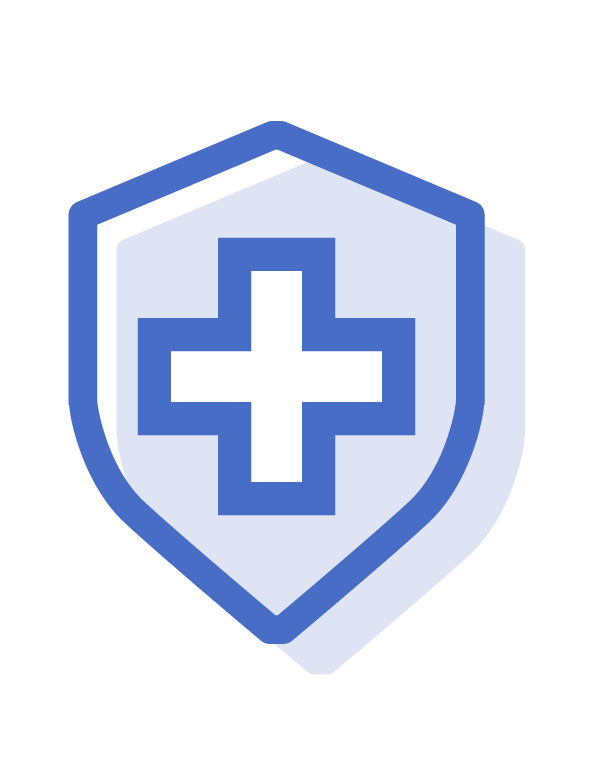







It's very rewarding to be a part of the journey, growth, and development of a pharmacist. Pharmacy is a profession where you don't ever stop learning. In my career, I've always found that as I've precepted students and residents, you learn as much from them as they learn from you.
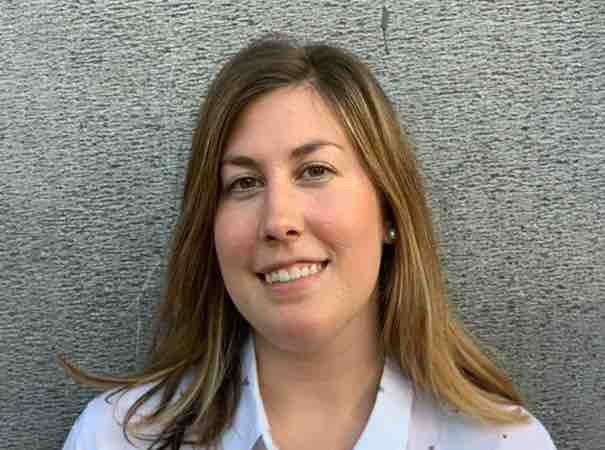
When I think about why I became a pharmacist, the reason I'm here is that there are real-life consequences for not balancing the patient's medication equation and I love being able to help find that balance for patients.
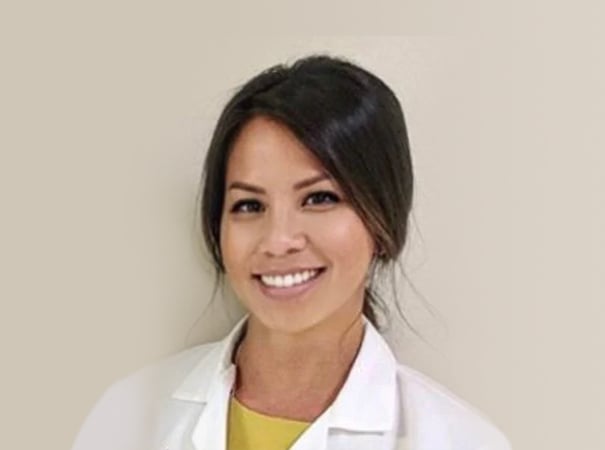
I love to empower my patients with information to help them better understand their medications and how the medications benefit them or work with their disease states. There's nothing better than hearing patients, say, "Wow, no one ever told me that before. Now it makes sense why I need to take this medication.
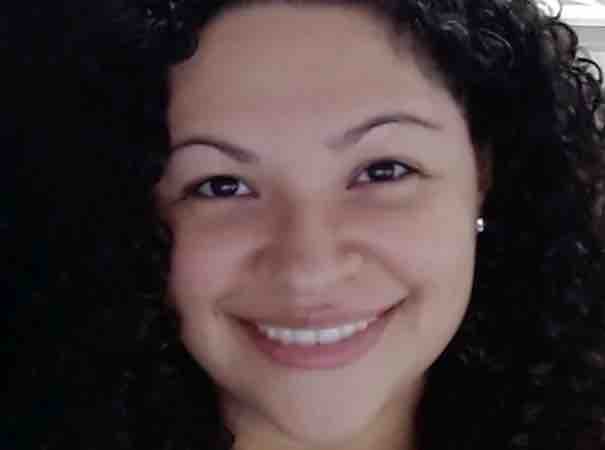
What Cureatr is doing is the future of pharmacy and healthcare. I am part of an incredible healthcare team. We are delivering patient-specific care and having a tremendous impact on patients' lives. We are empowering patients through knowledge and understanding.
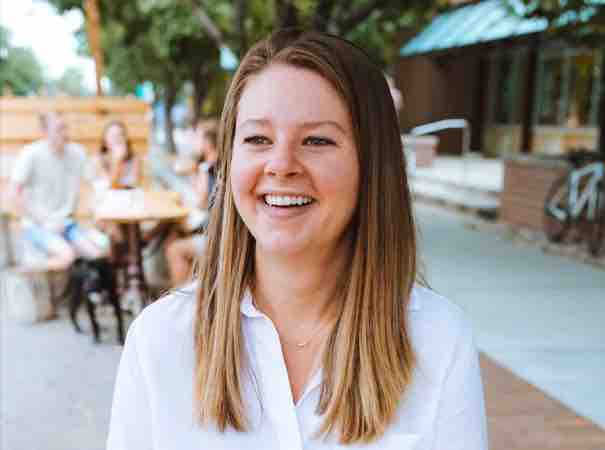
What I love most about being a pharmacist is how accessible we are to patients. Pharmacists are in a unique position because we're easy for patients to get to and we have expertise about their medications and payment plans.
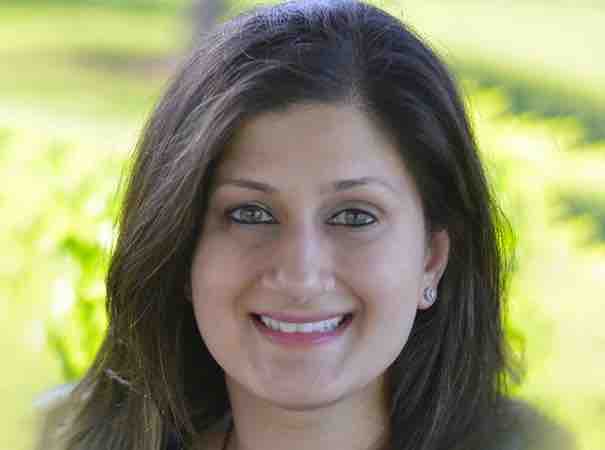
My favorite part about working with both students and residents is the moment/clinical scenario where they realize their true potential. The confidence they gain, which translates into phenomenal patient care, is very rewarding to see.
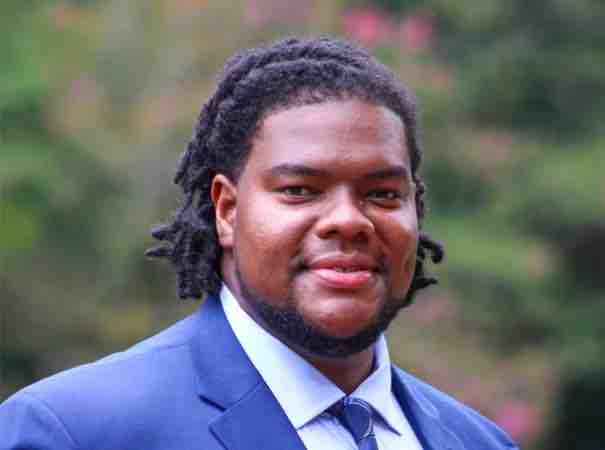
As a pharmacist, I have always admired the role that we play in healthcare. We are often the healthcare professional who has the ability to impact patient care the most given our ease of accessibility to patients. Knowing this, I love any opportunity to help train new and inspiring pharmacists. Being able to precept residents and pharmacy interns and help develop the skills that will be used to help so many other patients is something I take pride in.

It's very rewarding to be a part of the journey, growth, and development of a pharmacist. Pharmacy is a profession where you don't ever stop learning. In my career, I've always found that as I've precepted students and residents, you learn as much from them as they learn from you.

When I think about why I became a pharmacist, the reason I'm here is that there are real-life consequences for not balancing the patient's medication equation and I love being able to help find that balance for patients.

I love to empower my patients with information to help them better understand their medications and how the medications benefit them or work with their disease states. There's nothing better than hearing patients, say, "Wow, no one ever told me that before. Now it makes sense why I need to take this medication.

What Cureatr is doing is the future of pharmacy and healthcare. I am part of an incredible healthcare team. We are delivering patient-specific care and having a tremendous impact on patients' lives. We are empowering patients through knowledge and understanding.

What I love most about being a pharmacist is how accessible we are to patients. Pharmacists are in a unique position because we're easy for patients to get to and we have expertise about their medications and payment plans.

My favorite part about working with both students and residents is the moment/clinical scenario where they realize their true potential. The confidence they gain, which translates into phenomenal patient care, is very rewarding to see.

As a pharmacist, I have always admired the role that we play in healthcare. We are often the healthcare professional who has the ability to impact patient care the most given our ease of accessibility to patients. Knowing this, I love any opportunity to help train new and inspiring pharmacists. Being able to precept residents and pharmacy interns and help develop the skills that will be used to help so many other patients is something I take pride in.
Applicants must be participating in, or have completed, an ASHP-accredited PGY1 pharmacy residency program or one in the ASHP accreditation process (i.e., one with a candidate or preliminary accreditation status).
Applicants must be graduates of an Accreditation Council for Pharmacy Education (ACPE) accredited degree program (or one in process of pursuing accreditation) or have a Foreign Pharmacy Graduate Equivalency Committee (FPGEC) certificate from the National Association of Boards of Pharmacy (NABP).
Applicant must be licensed or eligible for licensure in New York within 90 days following the start date of the residency.
Submit your application materials electronically via PhORCAS. Materials include a letter of intent, curriculum vitae, three references, and transcripts.
Contact Priyasha Sarna or visit ASHP Residency Program Directory for more information!
© Cureatr 2023 | Privacy Policy
HEDIS® is a registered trademark of the National Committee for Quality Assurance (NCQA).